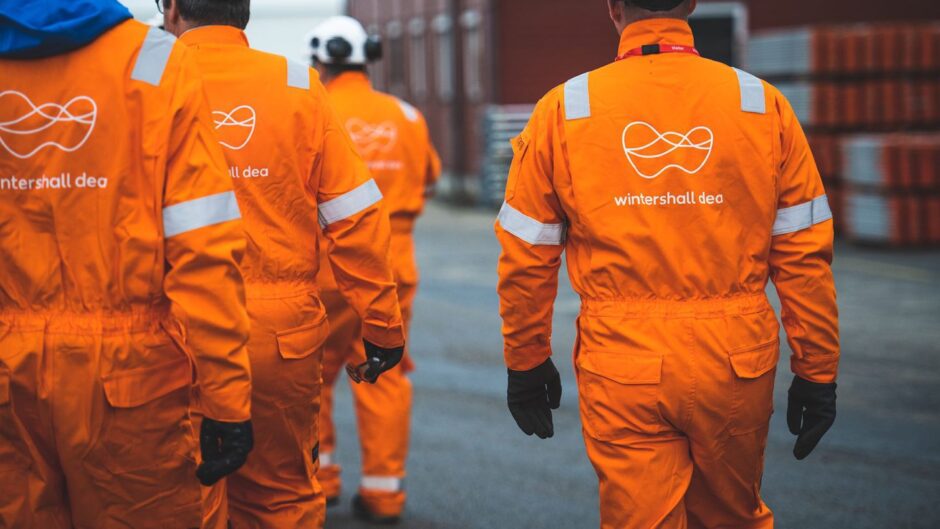
Wintershall Dea saw profits fall while production remained steady, in a year of ‘macroeconomic headwinds’.
In annual results published on Thursday the German energy group reported adjusted net income of €513 million (£439m) for full-year 2023 – down 45% on last year – and EBITDAX of €4.2 billion (£3.6bn).
Net debt also increased from €1.3bn at the end of 2022 to €2.4bn (£1.1-2bn) last year.
Average production stayed in line with 2022 at 323,000 barrels of oil equivalent per day.
Chief executive officer Mario Mehren said: “in a difficult year for Wintershall Dea our team delivered stable operational performance, and robust financial results despite macroeconomic headwinds.”
“I thank our team for what they have achieved in the course of the last year, under circumstances they themselves may not have chosen. The hard work and commitment of our teams is ensuring that our projects and business units are set up in the best possible way for the future,” he added.
The results are the first since a takeover deal by the UK’s Harbour Energy was announced in December. The $11.2bn deal would see the company buy the group’s upstream oil and gas assets in Norway, Germany, Denmark, Argentina, Mexico, Egypt and Libya, as well as Wintershall Dea’s carbon storage licenses.
Wintershall Dea headquarters and its corresponding team are not a part of the transaction, but the company reiterated that it would require the closure of other offices in Kassel and Hamburg which employ around 850 people.
Harbour Energy intends to take on some employees from the current headquarters into the combined company. Further specifics will be agreed in the currently ongoing review.
The company set aside restructuring provisions of €386m (£330m) in 2023, and expects the deal to close in Q4 this year – though questions have been raised over whether Harbour may need to make concessions to get the deal over the line.
The German government is also reportedly considering reviewing the transaction.
Meanwhile, the legal separation of the group’s Russian business is ongoing, with Wintershall owner BASF and venture partner LetterOne to remain the owners of the holding company.
CCS progress
Wintershall hailed “strong progress” on its carbon, capture and storage (CCS) activities during the year, having achieved first CO2 injection at the Greensand project off Denmark and expanding its roster of licences.
It ended the year with a portfolio of five CO2 storage licences in Norway, Denmark and the UK, with a combined annual storage capacity of 17.4 million tonnes of CO2, net to the company.
Mehren said “Wintershall Dea has built one of the strongest CCS portfolios in Europe in just a few years.”
Across its upstream portfolio, it pointed to a ramp up in production at the operated Nova field in Norway, as well as production start at Dvalin.
The Maria Phase 2 subsea template was also successfully installed, with start-up planned for next year.
In Egypt it took a final investment decision (FID) on the Raven West development in the West Nile Delta, with start-up planned for Q2 2025.
Recommended for you
